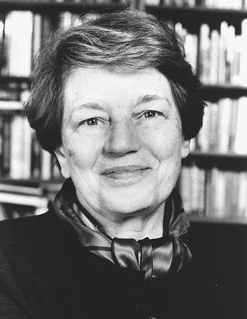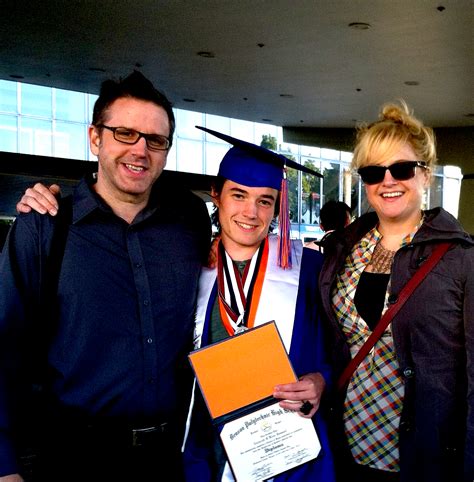A Quote by Mark Twain
I have no liking for novels or stories - none in the world; and so, whenever I read one - which is not oftener than once in two years, and even in these same cases I seldom read beyond the middle of the book - my distaste for the vehicle always taints my judgment of the literature itself, as a matter of course; and also of course makes my verdict valuless. Are you saying "You have written stories yourself." Quite true: but the fact that an Indian likes to scalp people is no evidence that he likes to be scalped.
Related Quotes
Everyone likes to tell stories. And gossip is, of course, even more exciting, if you know the people. But if the gossip's about yourself, it's very weird. They once wrote about me that I had been clubbing with some guys. At the moment I'm a victim and that hurts because it's not me who does something like that. Such stories are just unfair.
Sure, kids want to read whatever is the hot book, and of course they want to read fantasy and any kind of speculative fiction, but they also like to read stories with kids that look just like them, that have the same problems as them. And I've noticed that what they particularly want to see is to see those characters prevail. So they don't want sanitized situations. They want stories to be raw, they want them to be gritty, but they also do want to see the hope at the end of the story.
I read a lot of detective stories because they always deliver. They give you a beginning, a middle, and an end - a resolution. The modern novels I read don't always deliver because I'm looking essentially for a story. As in Shakespeare, "The play's the thing." In particular I read detective stories for pacing, plot and suspense.
There is something I keep wanting to say about reading short stories. I am doing it now, because I many never have another occasion. Stories are not chapters of novels. They should not be read one after another, as if they were meant to follow along. Read one. Shut the book. Read something else. Come back later. Stories can wait.
We're at an interesting phase of Asian and Asian-American writing, where we might succeed in having readers look at us as creative individuals who write with fury and fire about the world, and in new ways, without having them say things like "I read a really good Indian book," or "That Malaysian fellow writes very well." So I hope by identifying as Indian I can get people who don't usually read "ethnic" or "Indian" literature to read that literature and enjoy it.
I still read romance, and I read suspense. I read them both. And part of it is, I like stories with strong characters, and I like stories where there's closure at the end. And I like stories where there's hope. That's a kind of empowerment. I think romance novels are very empowering, and I think suspense novels are, too.
Dialogue that is written in dialect is very tiring to read. If you can do it brilliantly, fine. If other writers read your work and rave about your use of dialect, go for it. But be positive that you do it well, because otherwise it is a lot of work to read short stories or novels that are written in dialect. It makes our necks feel funny.
I think, oddly, that the world of the amateur is quite self-contained, and it depends on "likes" from other amateurs to perpetuate itself. Of course an awful lot of my colleagues are involved with Instagram - they get likes and dislikes, maybe just likes, I don't know - but I think that it's far less self-contained, the world I work in. It goes off in different directions, and is dependent on responses different from a tick or a like or whatever.
Read as much as you write. Go out and meet other writers. Look for stories in everything around you - music, movies, family, strangers, your bus ride to work, and of course the streets. Also - keep moving forward, keep creating new things. Leave evidence of yourself in this world. Imagine what your legacy could be and try to create it.
You are saying, are you not, I said to Manuelito, that stories have more room in them than ideas? [...] He laughed. That is correct, Señor. It is as if ideas are made of blocks. Rigid and hard. And stories are made of a gauze that is elastic. You can almost see through it, so what is beyond is tantalizing. You can't quite make it out; and because the imagination is always moving forward, you yourself are constantly stretching. Stories are the way spirit is exercised.






































